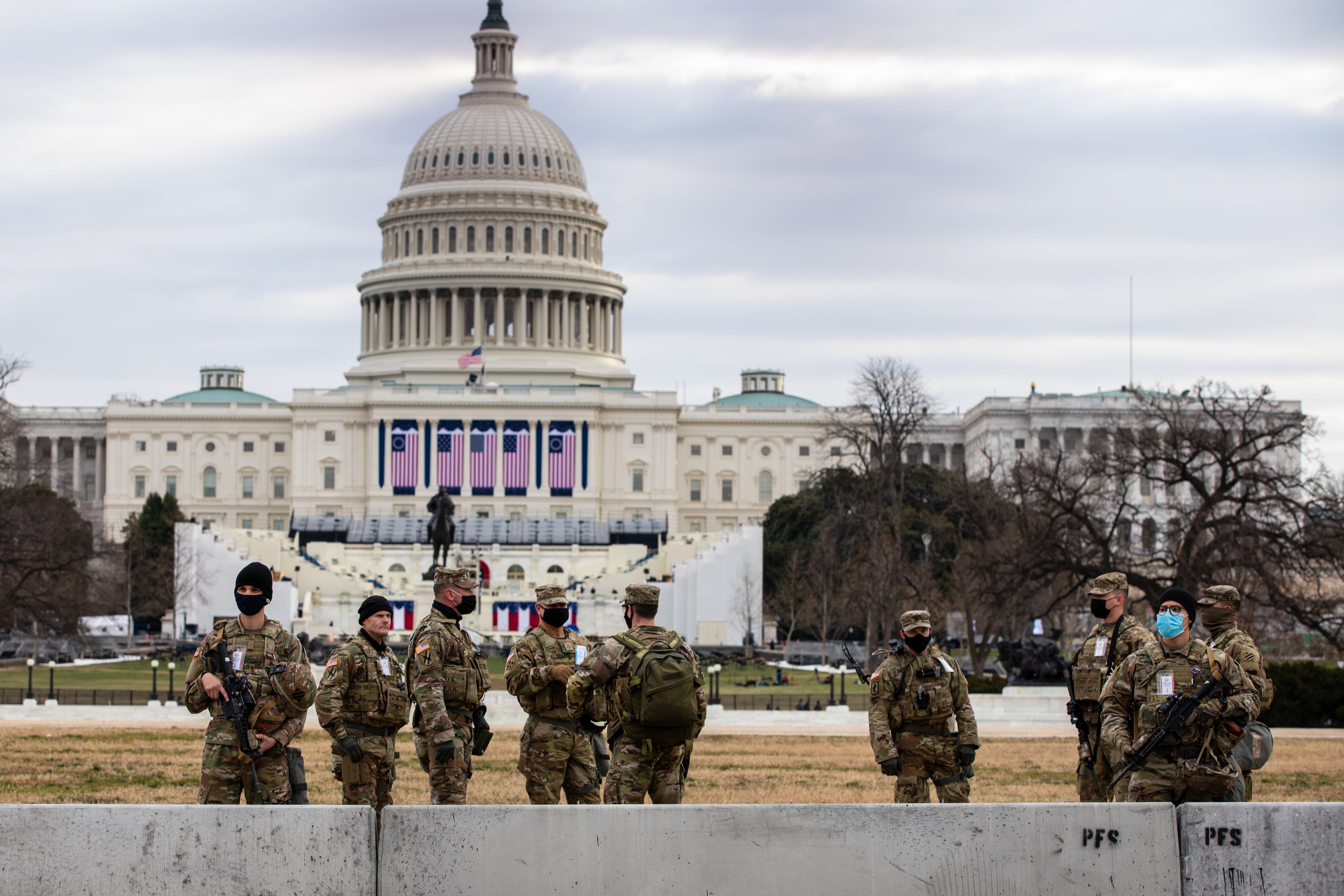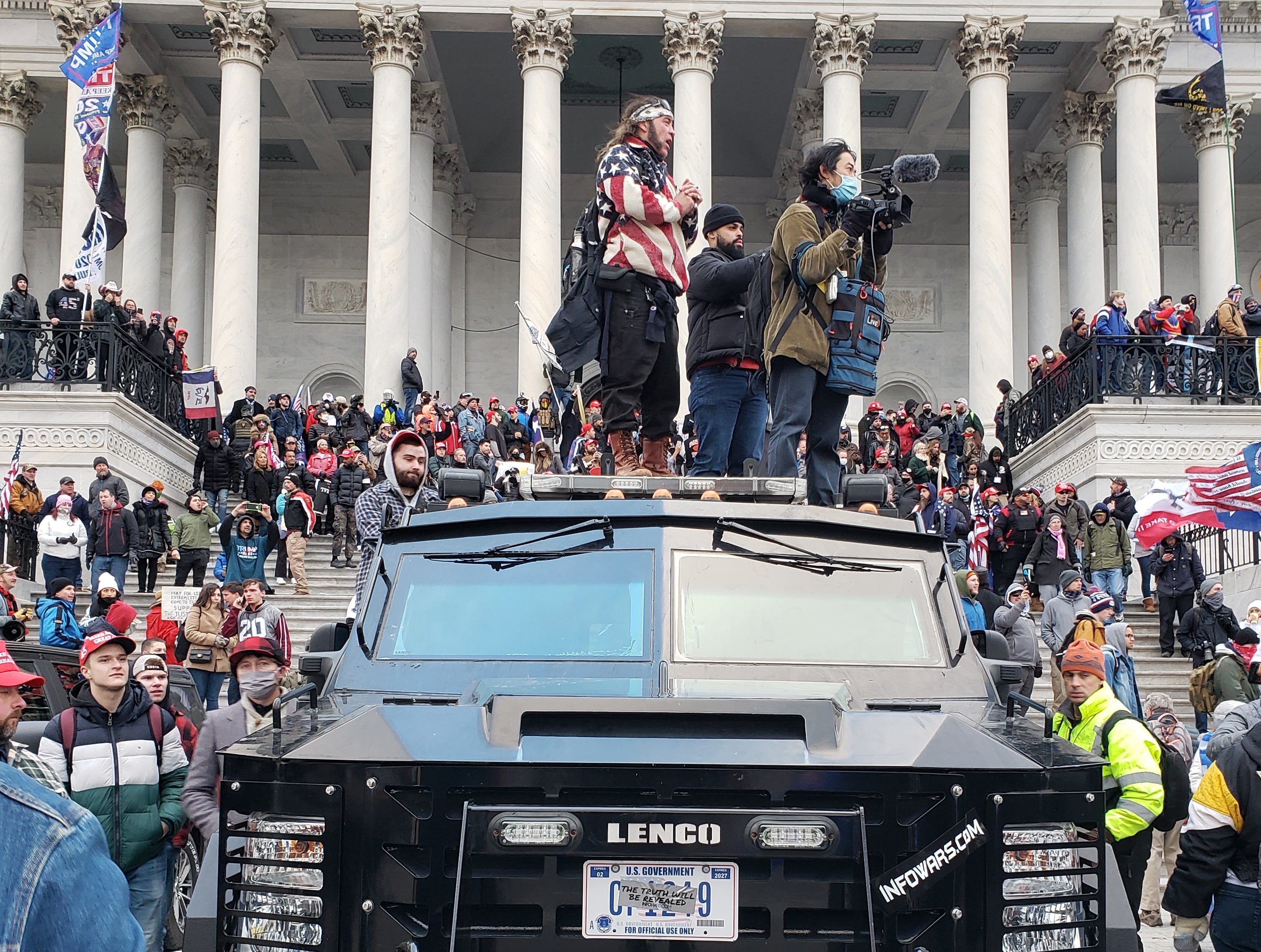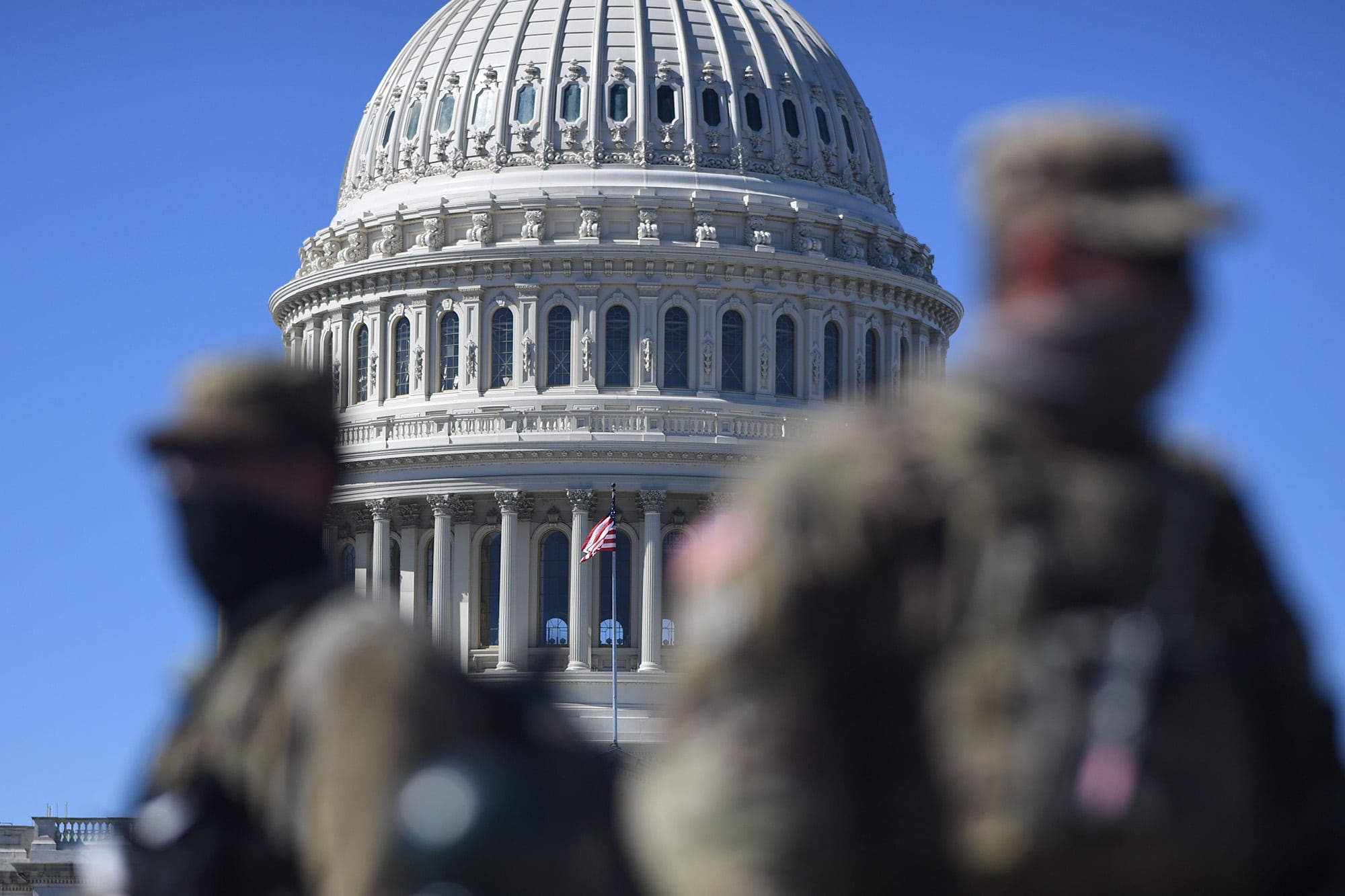As National Guard troops begin to wind down their mission on Capitol Hill, lawmakers are again ramping up their push to bring benefits for those troops in line with their active-duty peers.
Leaders from the House Veterans’ Affairs Committee have reintroduced the Guard and Reserve GI Bill Parity Act, which would dramatically expand access to veterans education benefits for the part-time service members by counting “every day in uniform” toward eligibility.
“The men and women who serve in the Guard and Reserve make incredible sacrifices for our country just like other service members, and they deserve equal benefits for doing similar jobs and facing similar risks,” said Rep. Mike Levin, D-Calif., and sponsor of the measure.
“This bill will bring some basic fairness to the way GI Bill benefits are earned and provide Guard and Reserve members with the benefits they deserve.”
RELATED

The bill mirrors language introduced last year which received bipartisan support but not enough legislative momentum to pass both congressional chambers before the end of session.
Under current rules, service members need three years on active-duty to be eligible for full Post-9/11 GI Bill benefits, which include 36 months of in-state college tuition, a monthly living stipend and other payouts.
Reaching that amount of time mobilized to active-duty is difficult for guardsmen and reservists (though not impossible, given overseas deployments in recent years). But the rules also allow for 50 percent of the full benefit to be paid out to any service member who reaches 90 days of active-duty service, a much more attainable threshold.
Even at half of the full benefit, that eligibility could mean tens of thousands of dollars for college for those individuals. However, only certain mobilizations are counted towards that 90-day total, frustrating troops and advocates.
Earlier this year — following inquiries from Levin and House Veterans Affairs Committee Chairman Mark Takano, D-Calif. — National Guard officials announced that the ongoing deployment of thousands of Guard troops to Capitol Hill would count towards GI Bill eligibility, because the mission was being paid for with federal funds.
However, troops mobilized for crowd control during racial equality protests in Washington, D.C., last summer were not able to use that time towards the 90-day minimum, because those missions weren’t funded by federal dollars. Some other riot response missions across the nation were, and did count towards the education benefits.
Similarly, tens of thousands of Guard and Reserve troops have been mobilized for pandemic response missions over the last year, but their eligibility varies depending on the specific orders and units involved. State natural disaster missions typically do not count towards the veterans benefits because they are funded through state money.
Both Senate and House leaders have complained about the confusion and disparity the current system creates.
RELATED

“Time and time again, through natural disasters, global pandemics, and threats to our democracy, our National Guard and Reserve members have answered the call to serve,” Takano said in a statement earlier this month.
“But despite taking on the same risks and doing the same jobs as their active-duty counterparts, these service members don’t have access to the same benefits. That’s not right.”
Whether the measure sees more legislative success this year remains to be seen.
Both Takano and Senate Veterans’ Affairs Committee Chairman Jon Tester, D-Mont., have vowed to make the issue a priority in coming months, and it could be included in the annual defense authorization bill expected to pass later this fall. But ongoing pandemic response efforts have pushed aside most other priorities in the early days of the new congressional session.
Earlier this month, the Pentagon approved a request from the U.S. Capitol Police to continue the National Guard security mission there through May 23, 2021. More than 20,000 troops were deployed around Washington, D.C, after the Jan. 6 attack on Congress, but only a few thousand remain on Capitol Hill now.
Leo covers Congress, Veterans Affairs and the White House for Military Times. He has covered Washington, D.C. since 2004, focusing on military personnel and veterans policies. His work has earned numerous honors, including a 2009 Polk award, a 2010 National Headliner Award, the IAVA Leadership in Journalism award and the VFW News Media award.




